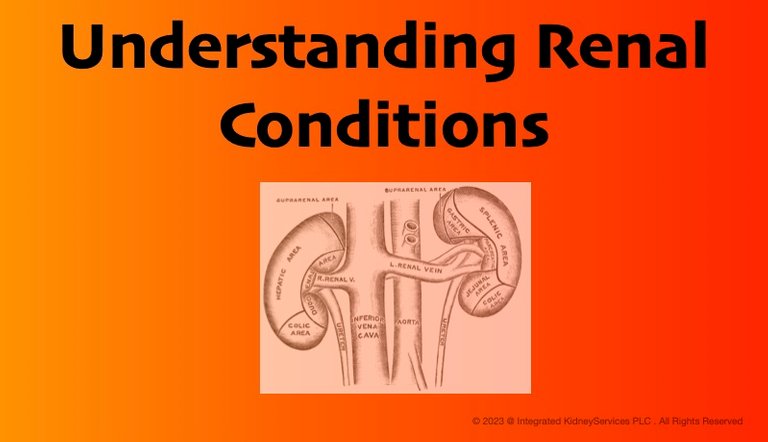
Hypercalcemia is a condition in which there is an elevated level of calcium in the blood. This can be caused by a variety of factors, including:
Overactive parathyroid gland: The parathyroid gland is responsible for regulating calcium levels in the body. If it becomes overactive, it can lead to an excess of calcium in the blood.
Cancer: Some types of cancer, such as breast, lung, and multiple myeloma, can cause hypercalcemia. This is often due to the production of a hormone called parathyroid hormone-related protein (PTHrP), which can stimulate the release of calcium from bone.
Vitamin D excess: Vitamin D helps the body absorb calcium from the diet. If you are taking too much vitamin D, it can lead to an excess of calcium in the blood.
Thiazide diuretics: These medications, which are used to treat high blood pressure, can interfere with the body's ability to eliminate excess calcium, leading to hypercalcemia.
Immobilization: Being bedridden or otherwise unable to move around can cause hypercalcemia, as it can lead to a decrease in the body's ability to excrete calcium.
Kidney disease: The kidneys help to filter and eliminate excess calcium from the body. If they are not functioning properly, it can lead to an accumulation of calcium in the blood.
Sarcoidosis: This is a condition in which small clusters of inflammatory cells form in various organs of the body. It can cause hypercalcemia due to the production of PTHrP.
Granulomatous diseases: These are conditions that involve the formation of granulomas, or small clusters of inflammatory cells. They can cause hypercalcemia due to the production of PTHrP.
Milk-alkali syndrome: This is a condition that is caused by taking too much calcium in the form of antacids, which can lead to an excess of calcium in the blood.
Dehydration: When the body is dehydrated, it can lead to an accumulation of calcium in the blood.
Hypercalcemia can have serious consequences if left untreated, including kidney damage, bone loss, and impaired heart function. It is important for healthcare providers to be aware of the potential causes of hypercalcemia and to monitor patients for this condition.
Thank you for your help!Dear @ikservices,Our previous proposal expired end of December and the Hivebuzz project is not funded anymore. May we ask you to review and support our new proposal (https://peakd.com/me/proposals/248)?